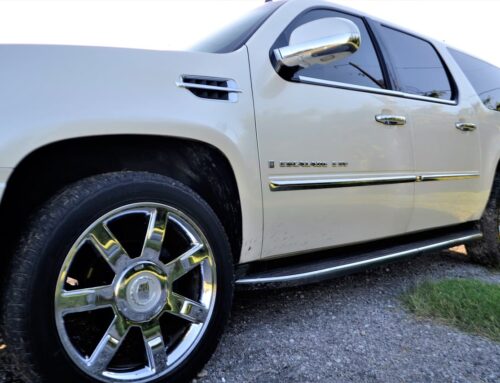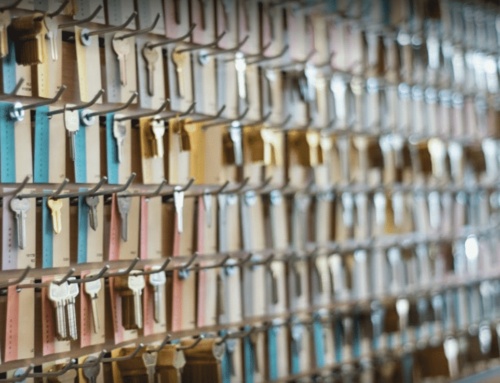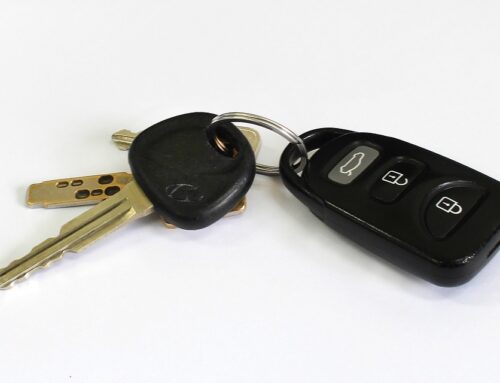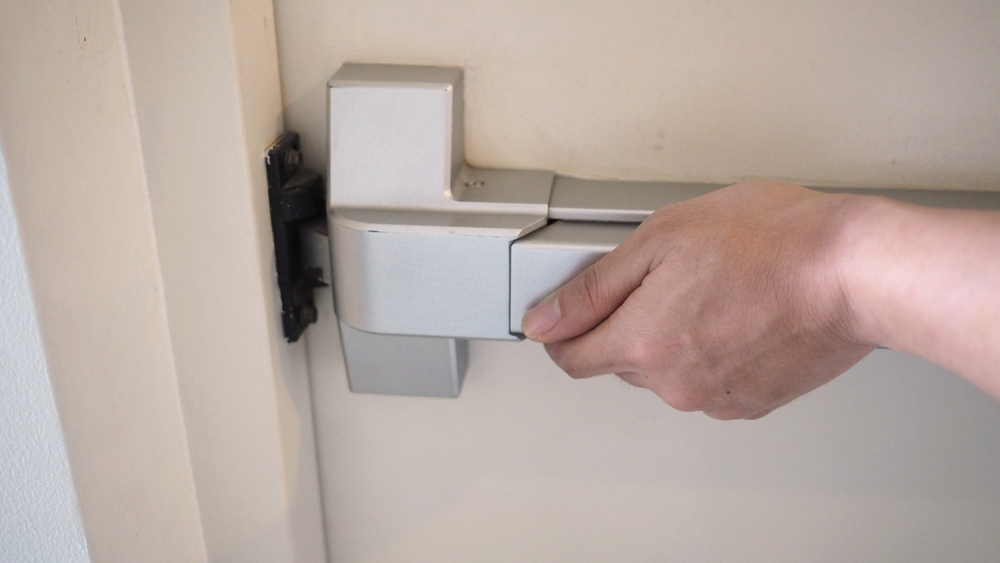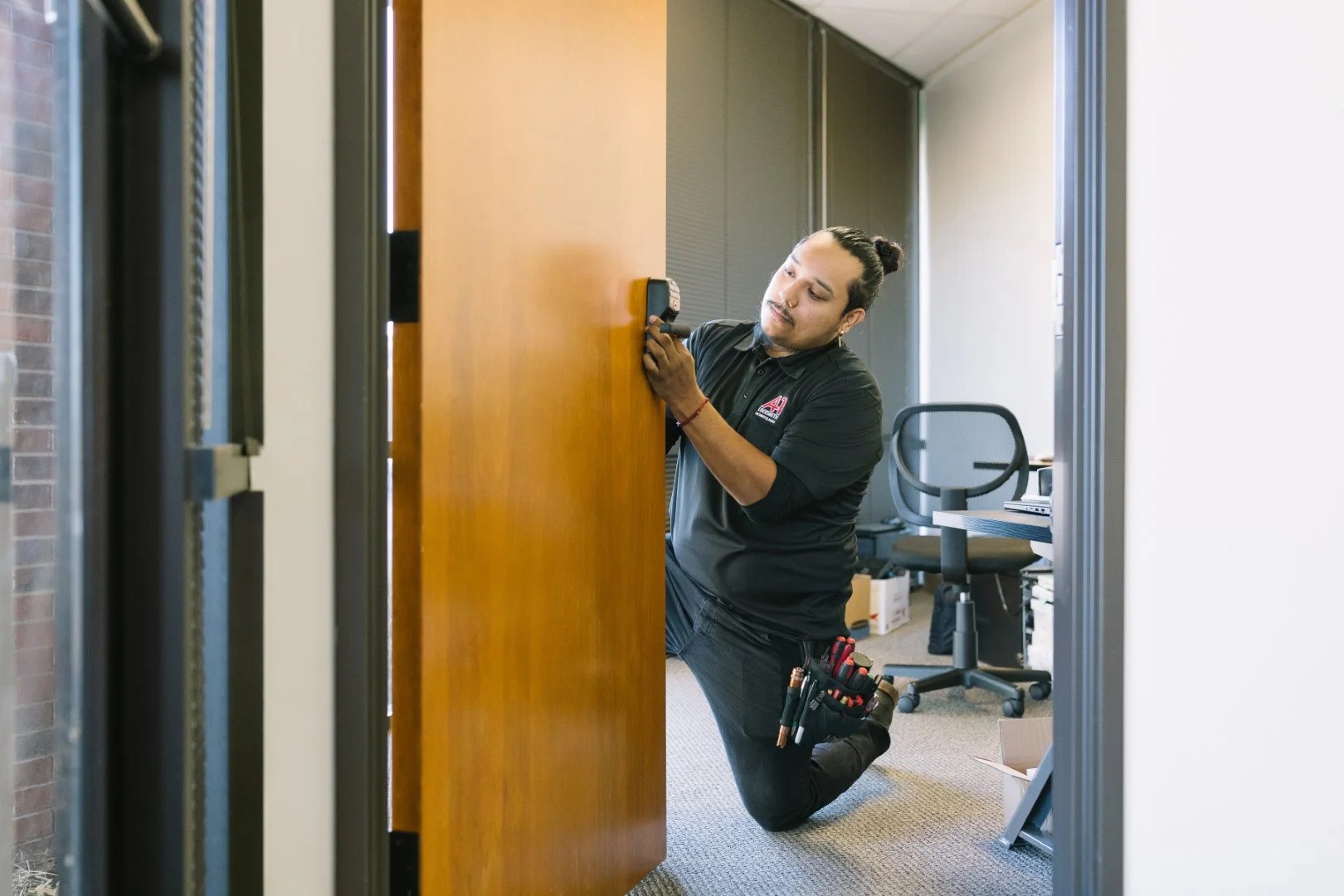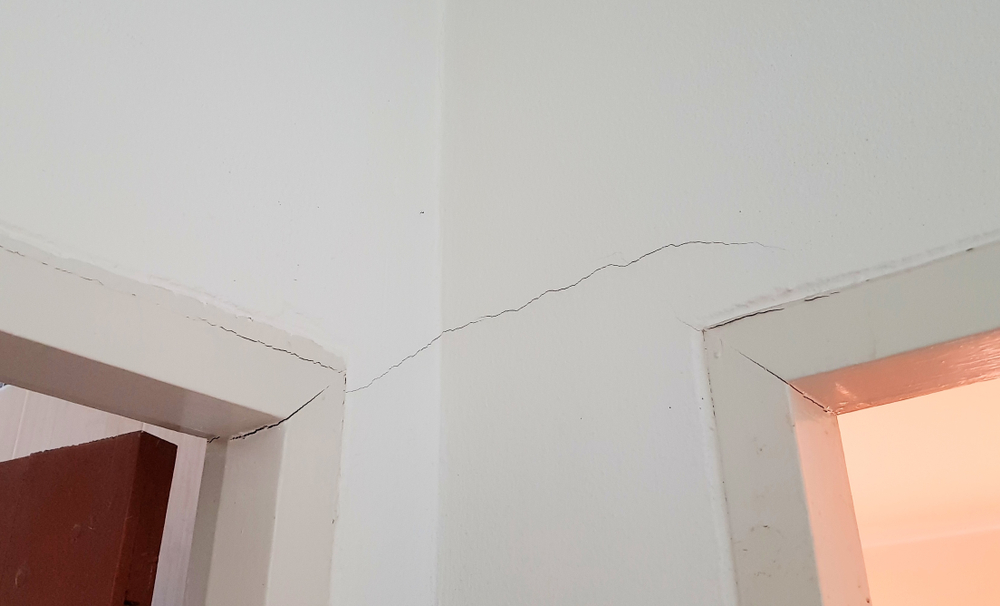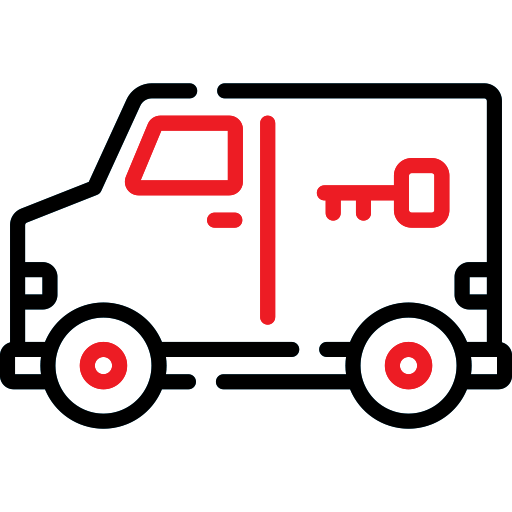Some things in life have a fairly simple process. To make a sandwich, for example you take two pieces of bread and put meat, cheese and/or another filling in between them. (Let’s not even get into the hot dog debate.) It’s that easy. Other things are a bit more complicated.
Take rekeying locks for your car. You might know when it’s time to rekey your car locks, but do you know how the process works? Let’s go over some scenarios when you might need to rekey your locks, what tools are involved and what the process looks like.
Car Rekeying Scenarios
First, when would you even need to have the locks for your car rekeyed? An upgrade is always an option for those looking to enhance their vehicular security, but there are certain scenarios when car rekeying is necessary (or at least a wise decision):
- Accident: If the locks in your car have been damaged due to an accident, you’ll need to have them rekeyed to ensure proper function and security. This is one of the most common reasons for auto rekeying and can be done by a dealer or locksmith.
- Vandalism: Break-ins and vandalism are other instances when a car rekeying might be in order. Both can damage the locks beyond repair. Even if the locks aren’t damaged, if someone was able to bypass them to access your vehicle, it’s time for an upgrade.
- Theft: If your car has been stolen and you were able to recover it, it’s a smart choice to have the locks rekeyed. You might not have the existing keys, or even if you do, there might be other copies floating around out there.
- Used car purchase: If you’re buying a used car, the same logic above applies.
Car Rekeying Tools
Next, let’s cover the tools involved in car rekeying. Whether it’s a dealership or locksmith, here’s what is usually involved:
- Screwdriver, pliers and/or tweezers
- Lock pins
- Ring remover
- Cylinder follower
- Plug follower
Car Rekeying Process
Finally, let’s cover the actual process. Here’s a general breakdown of the steps involved in rekeying locks for your car, based on the service you’d receive from a professional auto locksmith:
- The cylinder and doorknob are removed.
- The cylinder ring retainer and plug are removed.
- The lower lock pins are removed.
- New lock pins and the lock key are installed.
- The new key is tested to ensure it works.
- All other components are reinstalled.
- The old lock is destroyed and/or thrown away.
If you’re interested in rekeying locks for your car, give the A-1 Locksmith team a call today at (972) 284-7500 for a consultation.
